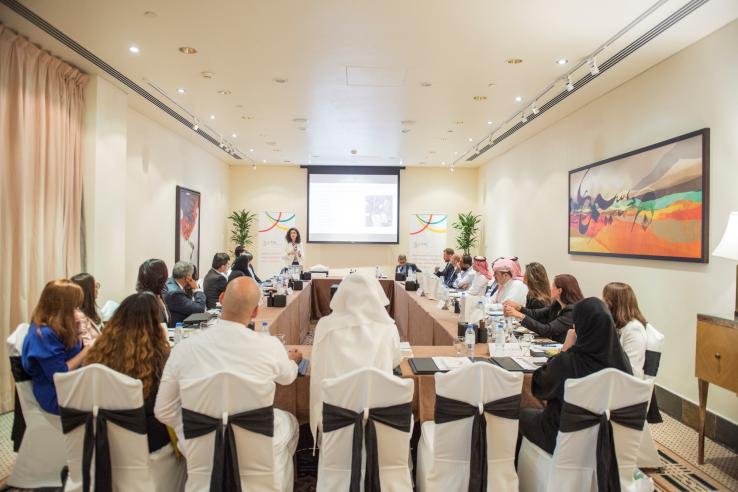J-PAL Evaluating Social Programs Custom Course: International Rescue Committee - Jordan

This course was postponed indefinitely. We hope to reschedule to a date once the Coronavirus Pandemic passes. In the meantime, please contact [email protected] if you have any questions.
Please note: This is a custom course hosted by the International Rescue Committee. The course is tailored to the needs of professionals from humanitarian, development, government, policy, and academic organizations who are considering, planning, or currently conducting randomized evaluations.
Overview and Objectives
This four-day, in-person training course equips participants with resources and knowledge to engage with impact evaluations of social programs. The course provides an in-depth look at why and when randomized evaluations can be used to rigorously measure social impact, methods and considerations for their design and implementation, and how findings can inform evidence-based policies and programs. This custom course will focus specifically on evaluating humanitarian programs or development programs delivered in humanitarian settings in the Middle East region.
Participants who attend the course will:
- Gain a clear understanding of why and when researchers and policymakers might choose to conduct randomized evaluations and how randomized evaluations are designed in real-world settings;
- Engage with experienced J-PAL staff on how to generate rigorous evidence to inform decision making;
- Engage with coursework designed to help participants apply learnings at their home organizations through real-world examples and practice exercises;
- Participate in small group exercises to work through lecture content and case studies with J-PAL staff members who have expertise in the design and implementation of randomized evaluations; and
- Join a community of practice with other decision makers who can provide support in the design and use of impact evaluations during and after the training.
Key Concepts Covered
Participants will be introduced to the following key concepts and topics throughout the course:
-
Why and when a rigorous evaluation of social impact is needed
- Key components of a high-quality randomized evaluation design
- Foundational tools like needs assessments, logical frameworks, and theories of change
- Common threats and pitfalls to the validity of experiments
- Techniques for incorporating randomized evaluation into existing project designs
- How to determine an appropriate sample size and measure outcomes
- Techniques for data analysis and interpretation of results
- Strategies to maximize policy impact and assess the generalizability of research designs
- Frameworks to understand and apply the results of prior randomized evaluations to your program
- Special considerations when conducting research in humanitarian settings
Sample Agenda
To view a sample agenda for this course, click here.
Key Information
Dates: March 9 - 12, 2020
Location: International Rescue Committee - Jordan Office, Khalil Dabbas St., Amman, Jordan
Contact: Sarah Gault, [email protected] with questions about the course.
Travel and Accommodation: Participants traveling to the training are encouraged to stay at the Kempinski Hotel Amman, located just a few kilometers from the IRC office. The IRC can facilitate booking reservations at a rate of approximately 74 JOD per night. For travel to and from the airport, airport taxis or rideshare applications such as Careem or Uber are recommended and cost approximately 25 to 40 JOD.
Expression of Interest: As enrollment is limited, we are no longer accepting applications for the course.